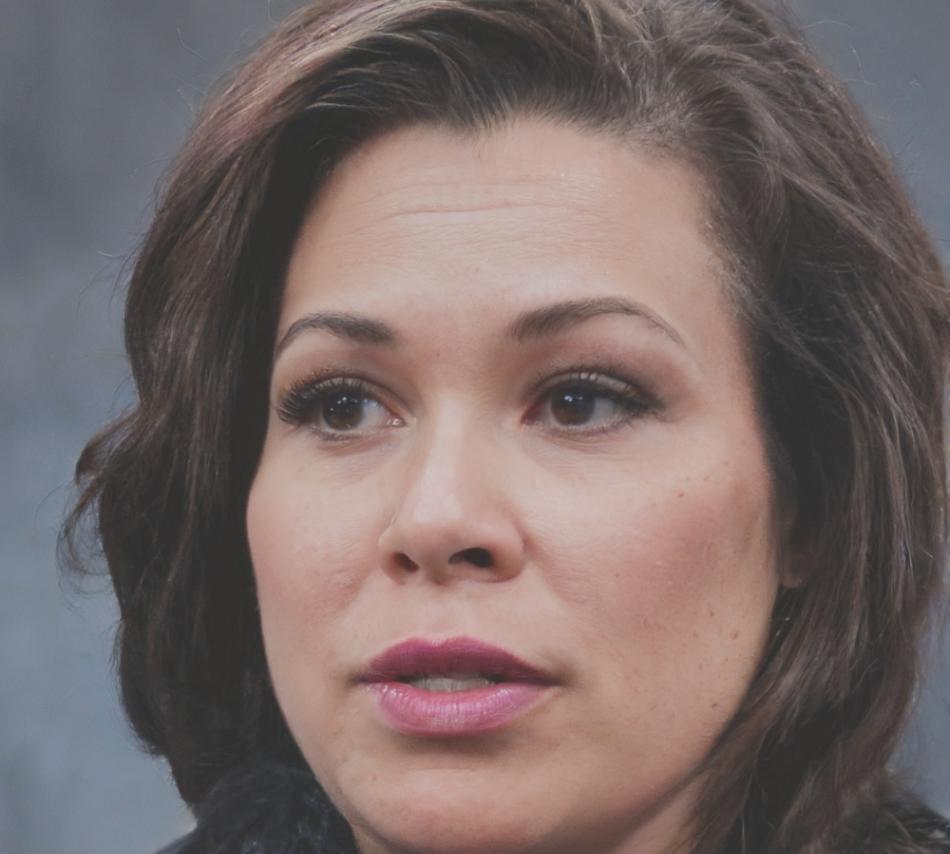Our Story Started with Real Questions
Back in 2019, we noticed something was missing in tech education. Students were learning frameworks but not problem-solving. They memorized syntax but couldn't debug their own code.
The Beginning Was Messier Than We Expected
Our founder spent five years working at various tech companies in Taipei, watching talented developers struggle with gaps in their education. The pattern was always the same - brilliant people who could build complex systems but got stuck on basic troubleshooting.
We started EvolveUpNexta in a shared workspace with three computers and a whiteboard covered in debugging exercises. Those early classes were small - sometimes just four or five students - but we could see something clicking.
"The moment I realized we were onto something was when a student debugged a problem I hadn't even taught them how to solve. They just applied the thinking process we'd been practicing." - Chen Wei-Ming, Founder
That whiteboard approach became our teaching philosophy. We don't just show you the solution - we walk through how to find it yourself next time.

What We Actually Believe
These aren't corporate buzzwords. They're decisions we make every day about how we teach and who we serve.
Real Problems First
We start every lesson with something broken. A website that won't load, an app that crashes, data that doesn't make sense. You learn by fixing actual issues, not building toy projects that work perfectly.
Small Groups, Big Attention
Maximum 12 students per instructor. We know everyone's name, their learning style, and exactly where they're getting stuck. This isn't scalable education - it's personal mentoring that happens to work well.
Industry Context Matters
Every concept connects to real work scenarios. When we teach database design, you're working with actual customer data structures. When you learn debugging, it's with the kind of legacy code you'll encounter in your first job.
The People Behind the Programs
Our instructors aren't just teachers - they're working professionals who spend their days solving the same problems they teach you about.

Teaching While Building
Marina splits her time between our classroom and consulting for fintech startups in Taipei. She brings debugging challenges from actual client projects into her lessons - with permission and anonymized data, of course.
Before teaching, she spent eight years as a backend developer, including three years leading a team that built payment processing systems. She knows what it feels like to inherit someone else's messy code at 2 AM.
Her students often say she has an uncanny ability to predict exactly where they'll get confused. It's not magic - it's just remembering every mistake she made learning the same concepts.
We teach the way we wished someone had taught us - with patience for the learning process and respect for how hard this stuff actually is.
How We Keep Getting Better
Six years in, we're still learning what works and what doesn't. Here's how we stay honest about our results.



Continuous Reality Checks
Every six months, we survey our alumni about what they're actually using from our programs. The feedback is sometimes uncomfortable, but it keeps our curriculum relevant to real work environments.
We track where our graduates end up, what challenges they face in their first year, and which concepts from our program they find most valuable. This data shapes everything from lesson structure to project selection.
- Alumni feedback drives curriculum updates every semester
- Industry partners review our project assignments quarterly
- Mock interviews with real hiring managers twice per year
- Students evaluate each module and suggest improvements
- Open-door policy for former students needing career guidance
Our next intensive program starts in September 2025. We're currently refining the curriculum based on feedback from our spring graduates and input from local tech companies about their current hiring needs.
Discuss Your Learning Goals